As restaurant and cafe owners face unprecedented pressure across the UK, Inverness is going through its own tumultuous time.
The Highland capital relies heavily on tourists to keep the tills ringing and was badly hit by a near tourism collapse over the past two years.
However, as hospitality gears up for what is expected to be a strong summer season, a divide has opened.
As some business expand, others have taken the decision to close down for good.
‘I had to think about how to financially survive’
Take, for example, Alina Ben Larbi.
Last week, the 24-year-old made the difficult decision to close Alleycat, the vegan cafe she ran with two business partners.
A number of factors played into the decision, says Alina, not all of them business related.
She came on board at the restaurant last September with a plan to turn it into a community hub and safe space for Inverness’s LGBT+ community.
But, as business partners dropped out, Alina unexpectedly found herself confronted with the economic reality of Inverness’s hospitality scene.
“My background is in the arts, so I never really considered the financial aspect until [business partner and Alleycat founder Andrew Barnett] said he was going to leave,” Alina said. “I had to think about how to financially survive by myself.”
Alina says that post-pandemic, customers in Inverness remained hesitant about going out to eat. The tourist trade picked up strongly, but locals stubbornly stayed at home.
Meanwhile, she felt let down by the vegan community in Inverness, whose vocal support for the restaurant didn’t always turn into patronage.
“With the Alleycat, we’ve had a lot of people who really wanted a vegan cafe in Inverness and who are super upset that it’s not happening anymore,” Alina says. “And people who would still only come in once a year.”
The experience, she says, made her “a bit cynical” and eventually she had to make a decision.
Unable to find new partners, or invest the required 60 hours a week needed to keep the Alleycat running while also studying for a master’s degree, she called it quits.
Alleycat is an Inverness ‘minority’
Despite the challenges Alina faced, a business group in Inverness believes that Alleycat is not an accurate representation of the city’s hospitality sector.
“It’s never good to hear someone shut down people losing their jobs – it’s a disaster,” says Norman MacDonald, a board member and director for local trade body Inverness Bid. “But it’s definitely going to be in the minority; I’m talking about 5% of what the real story is in Inverness.”
According to Mr MacDonald, who owns Inverness restaurant Cafe 1, the “real story” for Inverness is “onwards and upwards”.
Unlike in Aberdeen, where turbulence in the city’s oil and gas industry has affected disposable income, Mr MacDonald believes Inverness is less prone to economic extremes caused by the pandemic.
“Our biggest employers are the local health board and the local authority,” he says. “We don’t get the high highs, and we don’t get the low lows.
And though the cafe owner admits the pandemic was tough for Inverness, he is confident a full return of tourists this summer will put the city back on track.
“We’ve had that dip, and we’re on the way back up.”
Inverness beyond the Alleycat closure
Mr MacDonald’s optimism is echoed elsewhere in Inverness, perhaps most significantly by Ella Clarke.
As with the Alleycat, Ella caters to the Inverness vegan community through Left Coast Culture, the dairy-free, plant-based cheesemonger she runs out of a kitchen in Belladrum estate.
However, far from closing down, Ella is set to expand her vegan empire later this month when she opens Culture, a deli and cafe on Chapel Street, next door to Inverness Coffee Roasters.
And while Alleycat felt let down by local customers, Ella has a very different view.
“I’m grateful for the community around Left Coast because they’re the ones that have driven this. They’re the ones that have been saying this all these years: ‘When are you going to open a cafe?'”
To Ella, the interest in Culture is driven by its uniqueness. Her cafe will be the only plant-based deli and plant-based cheese counter in the Highlands.
“It’s really hard to find tasty, gluten-free vegan,” she says. “I’m a gluten-free vegan – where am I going to eat in town? It’s really difficult.”
The power of marketing
Success these days also comes down to the power of your marketing, says Otello Calvert, who runs the Tagliotello food truck from a number of pitches throughout Inverness.
“You can have phenomenal tools, but if you don’t know how to market it properly then it is more difficult,” says the 26-year-old, who before starting up his pasta truck last year worked in film and television.
“I do fresh pasta, and I can keep it affordable because I make it from scratch,” Otello adds. “It takes time. But the whole idea was to base it on popularity as opposed to price.”
Over at Alleycat, Alina has yet to permanently close down.
The restaurant will continue to open on Saturdays until its landlord finds a new tenant for the Mealmarket Close building.
Somewhat perversely, Alina has seen a surge in customers recently thanks to the start of the holiday season. However, she is not about to change her mind about closing.
“I realised how much stress fell off of me when we made the decision not to continue,” Alina says.
“Even if a new partner had come in, it would have still been a lot of work. So there is a part of me that is relieved and less stressed. Even though I have to find a new job now.”
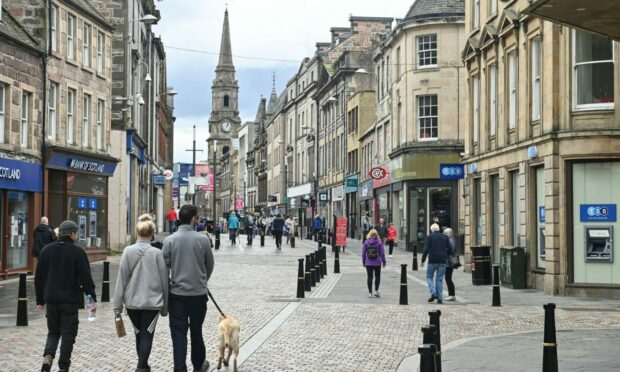
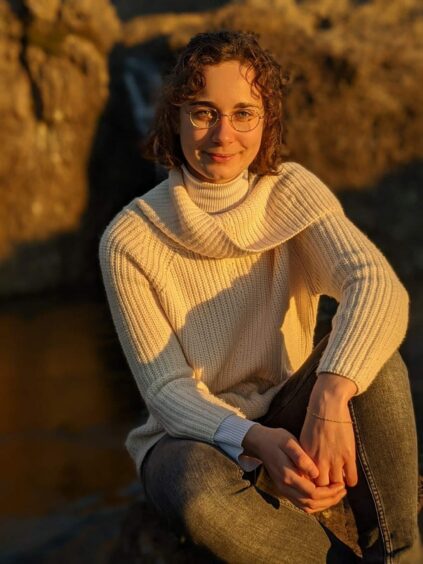
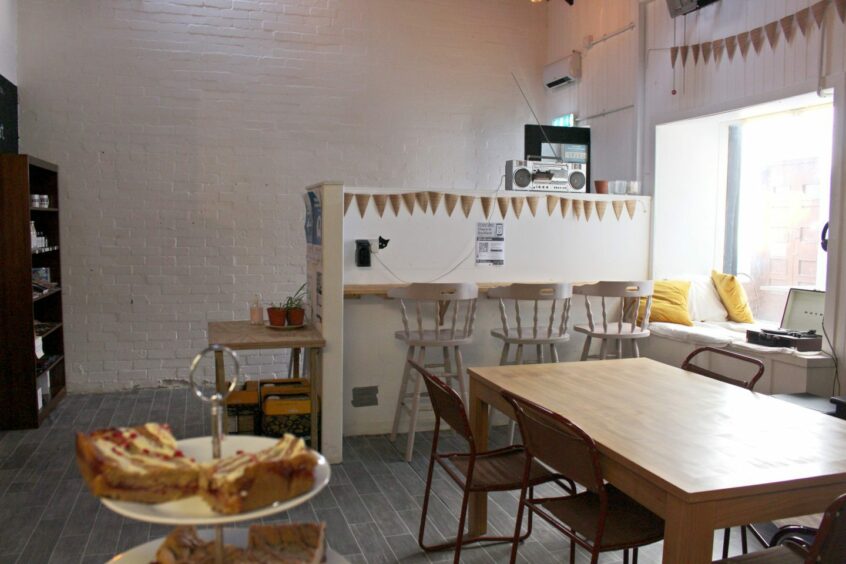
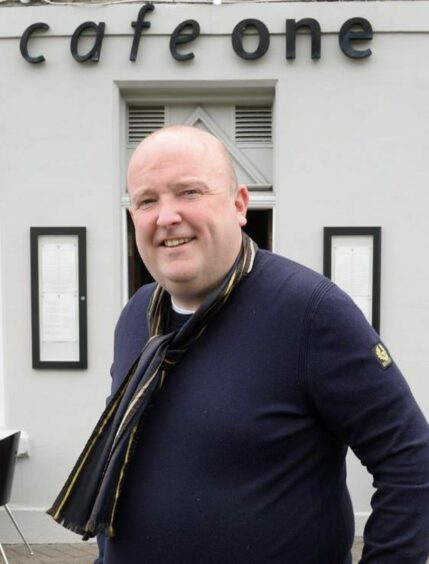
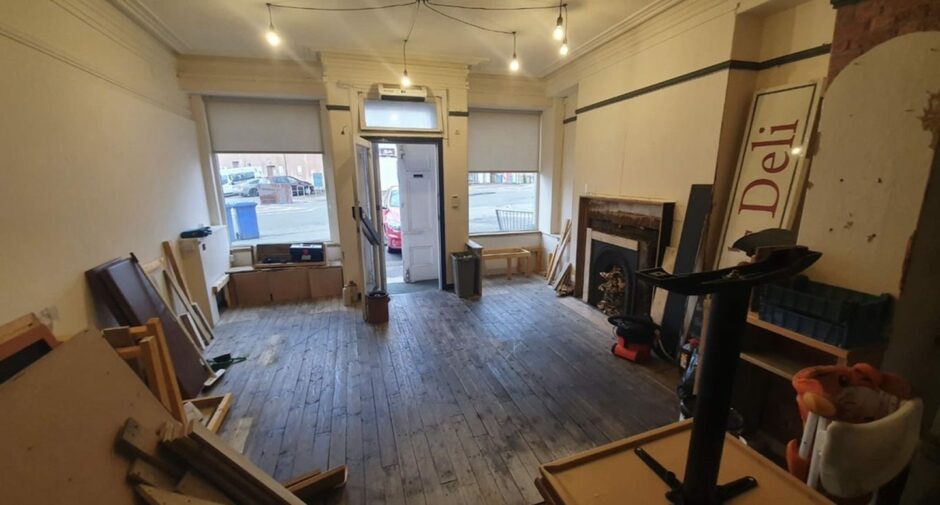
Conversation